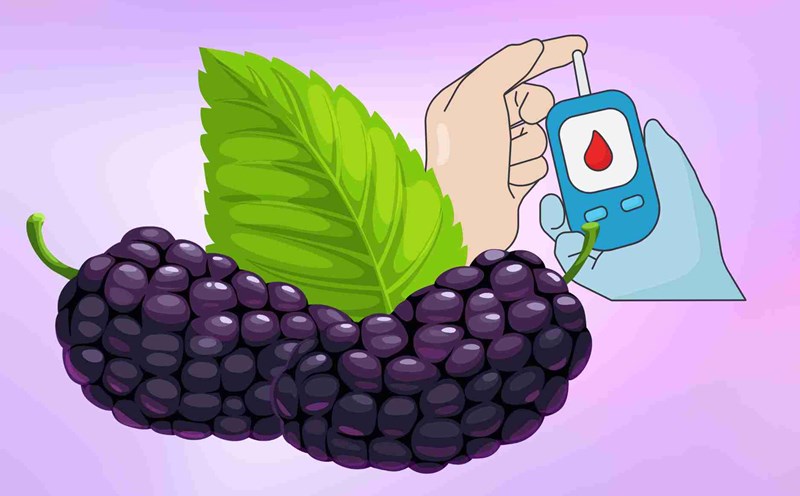According to Garima Goyal, a nutritionist at the Mumbai Nutrition Center (India), eating a small bowl of cashews (about 75 grams) only increases blood sugar levels moderately. This is due to the relatively low carbohydrate content in cashews (about 20 grams).
Three grams of that is fiber, which leaves net carbohydrates at just 17 grams. With a total of 440 kcal, it is clear that most of the calories do not come from carbohydrates, so the risk of sudden spikes in blood sugar is not high, explains Ms. Garima Goyal.
In addition, cashews have a very low glycemic index (GI) of only 22, while the GI level below 55 is considered safe. At the same time, low glycemic load (GL) also makes cashews a suitable choice for people with diabetes in controlling blood sugar.
Not only that, cashews also contain high protein and fat content, respectively 14 grams and 34 grams in 75 grams of nuts. These substances help slow down digestion and increase satiety, thereby limiting overeating. In particular, the fat in cashews is rich in oleic acid, a natural anti-inflammatory compound.
Cashews are also a rich source of magnesium, a mineral that plays an important role in glucose metabolism and improving insulin sensitivity.
Magium helps cells use insulin more effectively, thereby balancing blood sugar levels, Goyal emphasizes.
However, nutritionist Garima Goyal also warns that diabetics should not consume too many cashews at one time. Eating too much can lead to excess calories and weight gain, factors that are not beneficial to patients.
If eaten in large portions, combine them with foods rich in fiber or protein such as green vegetables and yogurt to minimize the impact on blood sugar, Goyal recommends.
Thus, with a reasonable portion, cashews can be a part of a healthy diet, even for people with diabetes.











